Posted: 29/04/25
Students tackle crime and punishment in Question Time-style debate
Law and politics A-Level students at Mansfield and Ashfield Sixth Form College took centre stage during a powerful and thought-provoking Question Time-style debate exploring issues around crime, punishment, and rehabilitation.
-
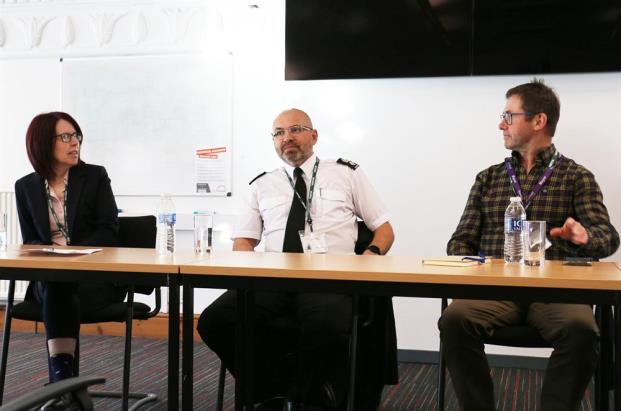
The Question Timestyle debate sought the opinions of a panel of professionals
-
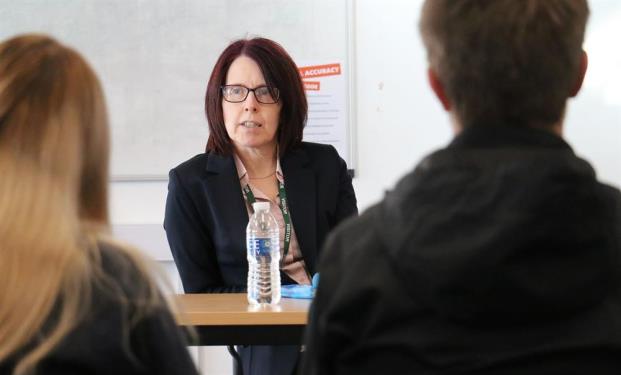
Dr Clare Williams offered an academic perspective on rehabilitation of criminals
-
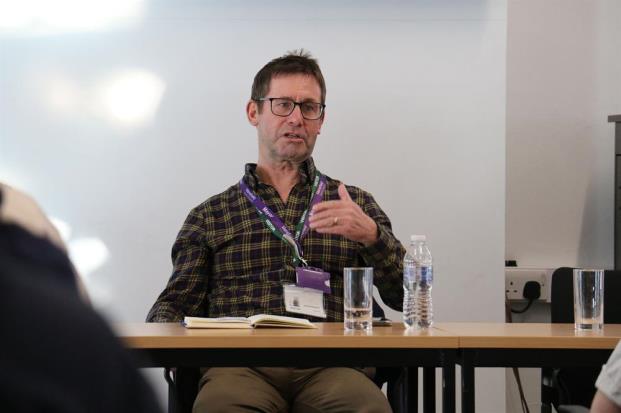
Mayor Andy Abrahams spoke of the need for preventative investment
-
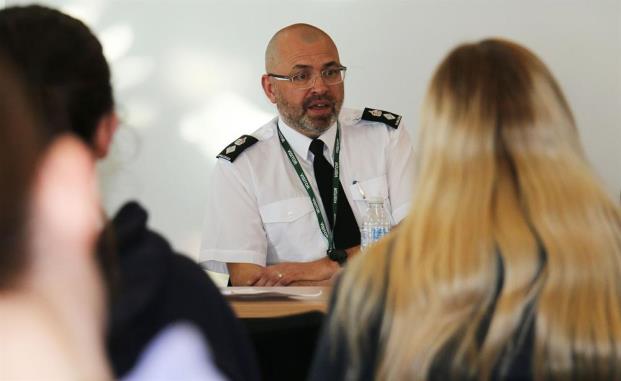
Nick Waldram spoke about the realworld complexities of sentencing
-
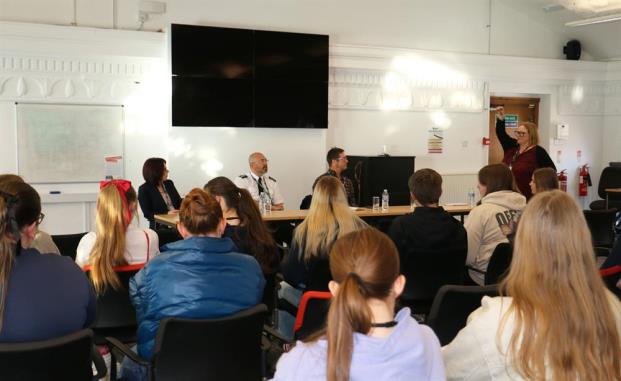
Law and politics students posed some wellthought out and gritty questions
Held at West Nottinghamshire College’s Mansfield town centre campus, the event brought together a high-profile panel of professionals including Dr Clare Williams, head of criminology and criminal justice at Nottingham Trent University, Chief Superintendent Nick Waldram, Nottinghamshire Police’s lead for local policing, and the Mayor of Mansfield, Andy Abrahams.
Together, they fielded questions from students that delved into some of the most pressing and complex issues facing the criminal justice system today.
The student-led panel discussion tackled critical questions such as:
- Should punishment for crimes be more severe?
- Is the criminal justice system fair?
- Can crime be prevented through education and social programmes?
- Should rehabilitation be prioritised over punishment?
- What justifies punishment, and what are the rationales behind it?
- Is the tension between rehabilitation and punishment a systemic problem?
The discussion sparked dynamic debate and candid insights from the panel. Students heard first-hand from Chief Superintendent Waldram about the real-world complexities of sentencing and its impact on police, victims, and the wider justice system.
He acknowledged public demand for tougher sentences but emphasised the importance of working within judicial guidelines – highlighting challenges such as prison overcrowding, repeat offending, and the need for more effective victim support.
Dr Clare Williams offered an academic lens, challenging the effectiveness of severe punishment and advocating for a shift towards evidence-based rehabilitation strategies. She underlined that treating individuals with dignity and investing in social and educational interventions leads to better long-term outcomes and reduces reoffending.
Mayor Andy Abrahams contributed a community-focused perspective, noting disparities in sentencing across different demographic groups and the need for a more transparent, consistent approach to justice. He also raised the need for preventative investment – arguing for a redirection of resources from crisis response to early intervention, youth provision, and mental health services.
The debate also explored the often-overlooked experiences of offenders re-entering society after long sentences. Students were urged to consider the challenges former prisoners face, from navigating technology to rebuilding daily structure and support networks.
The panel agreed that improving probation services, offering tailored support, and addressing underlying issues such as mental health are critical to breaking the cycle of reoffending.
The event sparked lively engagement from students, who demonstrated critical thinking, empathy, and a keen interest in justice reform.
Curriculum area lead at the sixth form, Chris Dupey, said: “This was a brilliant opportunity for our students to engage with real-world perspectives and understand the complexities behind the headlines.”
“These are not just academic debates – they are discussions that shape our communities and our future.”
Mansfield and Ashfield Sixth Form College continues to prioritise civic engagement, social awareness, and critical thinking through its vibrant programme of enrichment activities, with more panel-style debates planned for the remainder of the academic year.